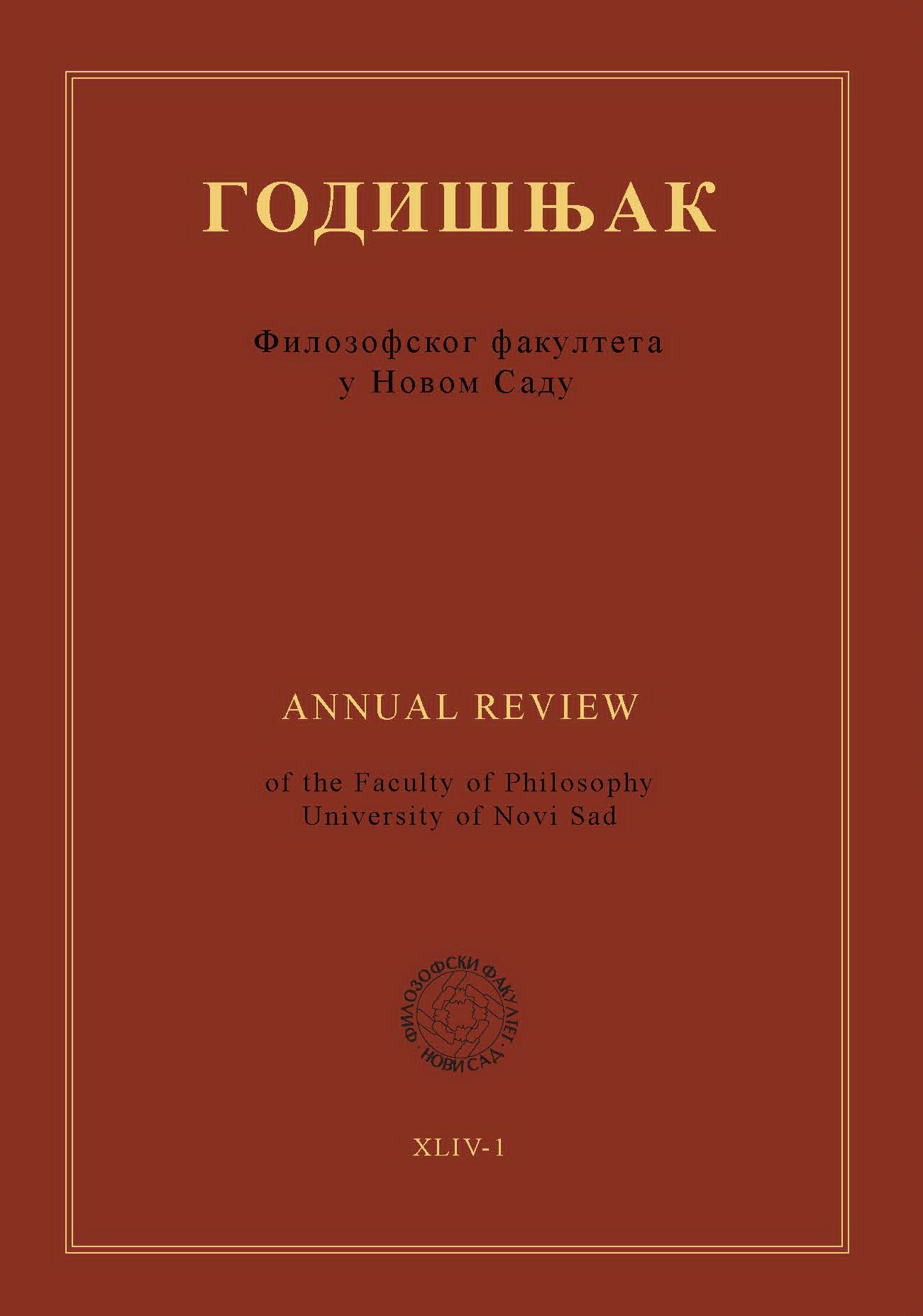HOW ARE THE WORDS OF TWO LANGUAGES STORED IN THE BILINGUAL BRAIN?
HOW ARE THE WORDS OF TWO LANGUAGES STORED IN THE BILINGUAL BRAIN?
Author(s): Judit NavracsicsSubject(s): Language and Literature Studies, Applied Linguistics, Psycholinguistics
Published by: Филозофски факултет, Универзитет у Новом Саду
Keywords: multilingual storage; processing; lexical access; word recognition
Summary/Abstract: The question of how bilingual people store linguistic information in their brain has been in the focus of bilingualism research for about 30 years now. Studies have been mushrooming to find out whether languages are stored in a unitary or a separated way. Research first concentrated on bilingual child language development, and first the unitary, later the separated hypothesis was proved. Psycholinguistic data gained from adult bilinguals have shown the complexity of the question, and still we have no definite answer. However, it has been discovered that there are influencing factors: age, proficiency level and manner of acquisition. The latest, neuroimaging methods in studying the multilingual brain enable us to see what is going on in the brain during multiple speech processing. There is no final answer yet concerning multilingual storage, but the influencing factors really have a major role, only we do not know which of them is primary. The latest research (brain mapping) proves that concepts are spread all across the brain in both hemispheres. Words are activated in different parts of the brain depending on their meanings (e.g. the ’top’ in areas related to numbers, clothing, buildings). Although each individual’s brain map is different, different people have the same concepts in the same areas, irrespective of the languages. If this is true, the question whether the storage of the two languages is unitary or separated has no relevance any longer.
Journal: Годишњак Филозофског факултета у Новом Саду
- Issue Year: 44/2019
- Issue No: 1
- Page Range: 19-40
- Page Count: 22
- Language: English

